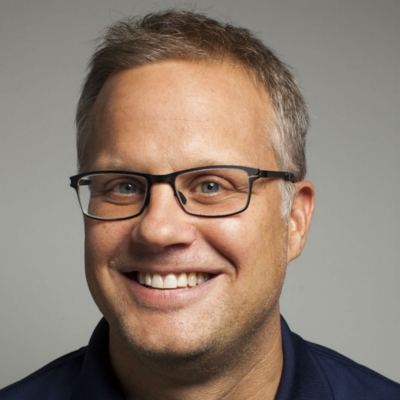While CES officially kicks off Tuesday, with some 200,000 people from across the globe are descending on Sin City to see the latest in gadgets, gizmos and tech innovations, companies large and small are already holding closed door events to share news about their latest products.

January 07, 2019 06:20 PM
Featured Stories
Introducing the winners of the 2025 Ad Age Creativity Awards
Four juries selected the top entries in Work, People, Creative Marketing and Production.
Latest News
Staying current is easy with newsletters delivered straight to your inbox.
Staying current is easy with newsletters delivered straight to your inbox.









